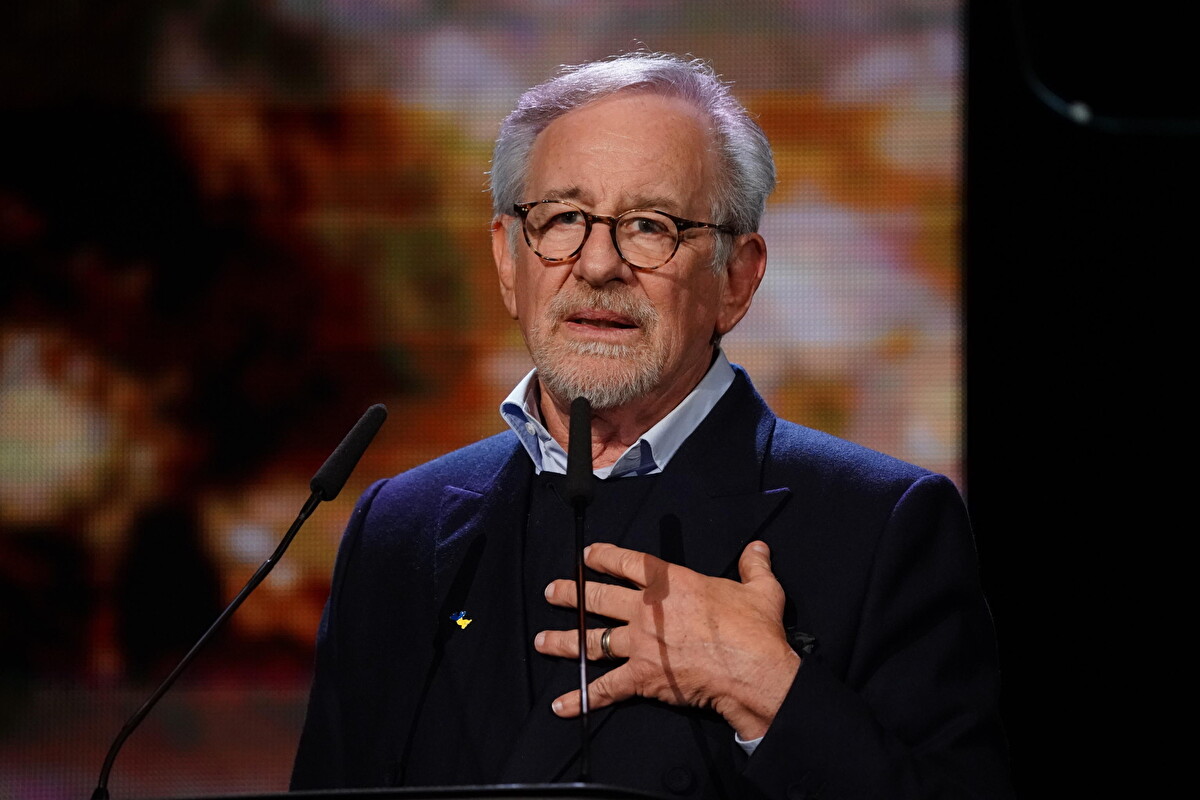There was no shortage of tears at the Italian American Cancer Foundation’s 40th Anniversary Gala. It’s an effort that began in the 1980s through the initiative of renowned breast cancer surgeon Umberto Veronesi and entrepreneur Alessandro di Montezemolo.
It was Veronesi who envisioned a partnership between Italy and the United States to expose young scientists to new ideas, trends and research techniques that would enrich the scientific community and increase international collaboration in the fight against cancer. And it was also Veronesi who inspired the AICF to create the International Postdoctoral Fellowship Program, which funds innovative research projects by young scientists, and the Free Mobile Breast Cancer Screening Program, which emphasizes the crucial importance of early detection and provides free screening services to women in need.
Yesterday, at the Pierre Hotel in New York, Foundation Chairman Daniele Bodini could not resist the excitement. Applauded by an entire room, which recognized the inestimable value of his work, he introduced the evening organized to honor three brilliant exponents of medicine: Dr. Monica M. Bertagnolli, Dr. John Di Persio and Dr. Gigi Lozano.

Present in the room were Italian Ambassador to Washington Mariangela Zappia, who recalled her great friendship with Bodini and her 30-year relationship with the AICF, and Consul General in New York Fabrizio Di Michele.
The research of Dr. Di Persio, who was also overcome with emotion during his speech, focuses on mechanistic and translational aspects of leukemia and stem cell biology. A key role, that has been played by his work, in the clinical development of plerixafor as a mobilizing agent for stem cell transplantation.
His recent studies have focused on the development of new methods to target the hematopoietic niche through the development of small molecules, both for cell transplantation, stem cell mobilization and chemosensitization.
Dr. Lozano, on the other hand, is an internationally renowned geneticist recognized for her studies on the tumor suppressor pathway. Using mouse models, her team has characterized the physiological importance of Mdm2 and Mdm4 proteins as potent inhibitors of p53, a protein that can generate an inflammatory state that “excites” tumor proliferation.
Receiving their awards from Francesca Bodini, the two doctors emphasized the importance of the AICF, which in its history has managed to launch the careers of 359 scientists and dispensed 535 scholarships.
At the end of the evening, a charity auction funded new scholarships for upcoming researchers, and many screening days made possible thanks to the “Mammogram Bus”, which makes breast cancer screenings accessible to even the most vulnerable women: those on low incomes, not covered by medical care insurance and ethnically or linguistically marginalized.
















